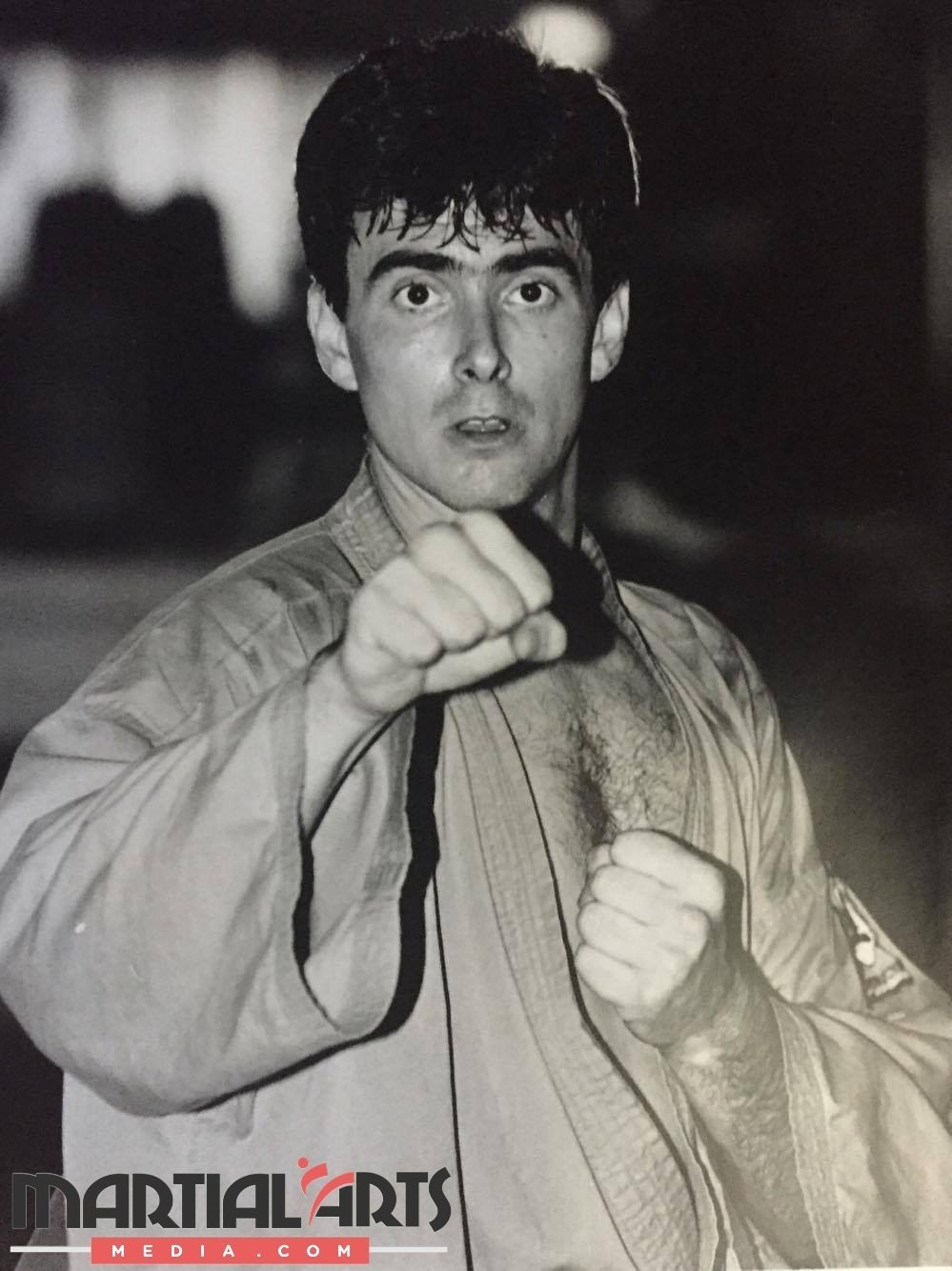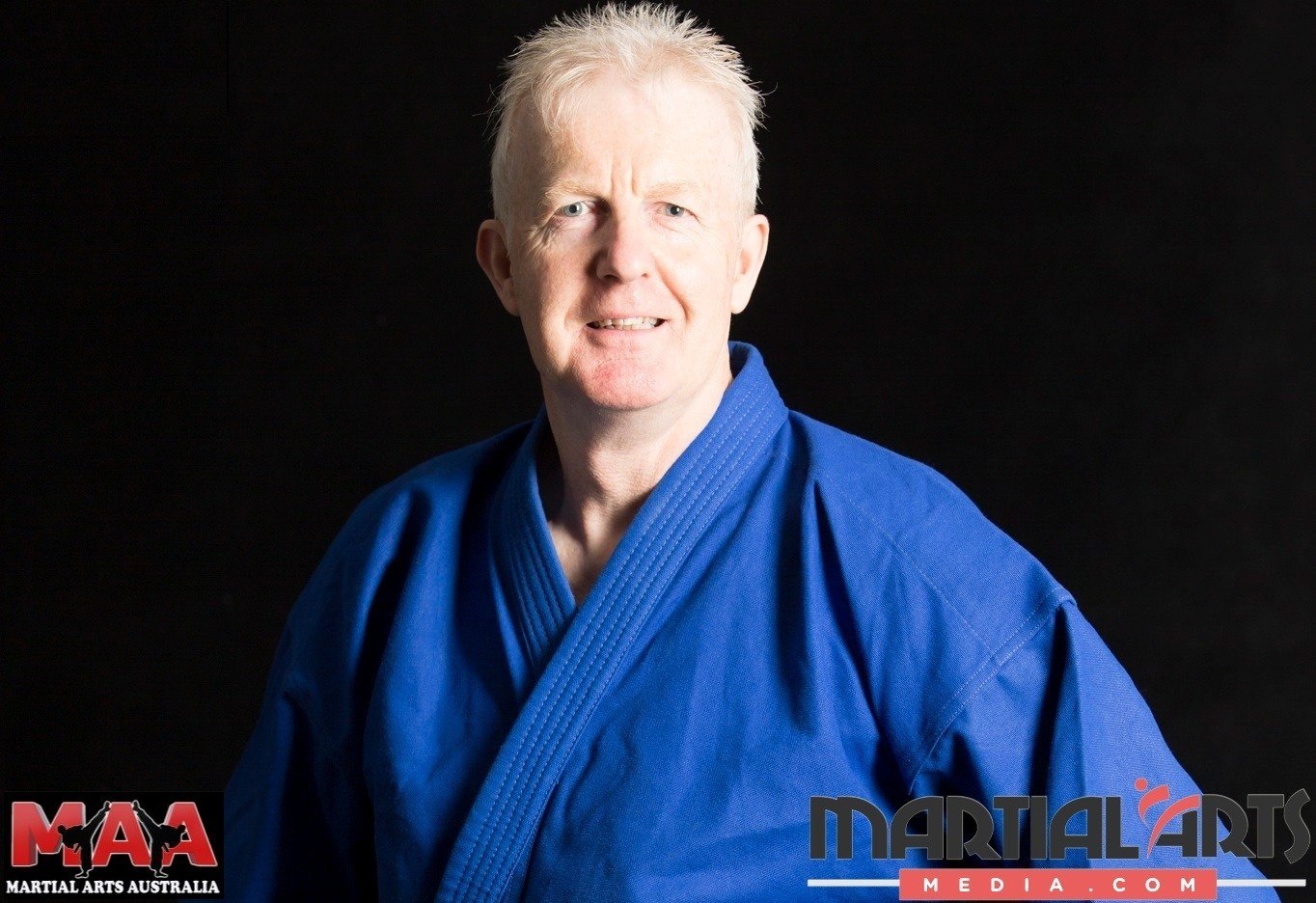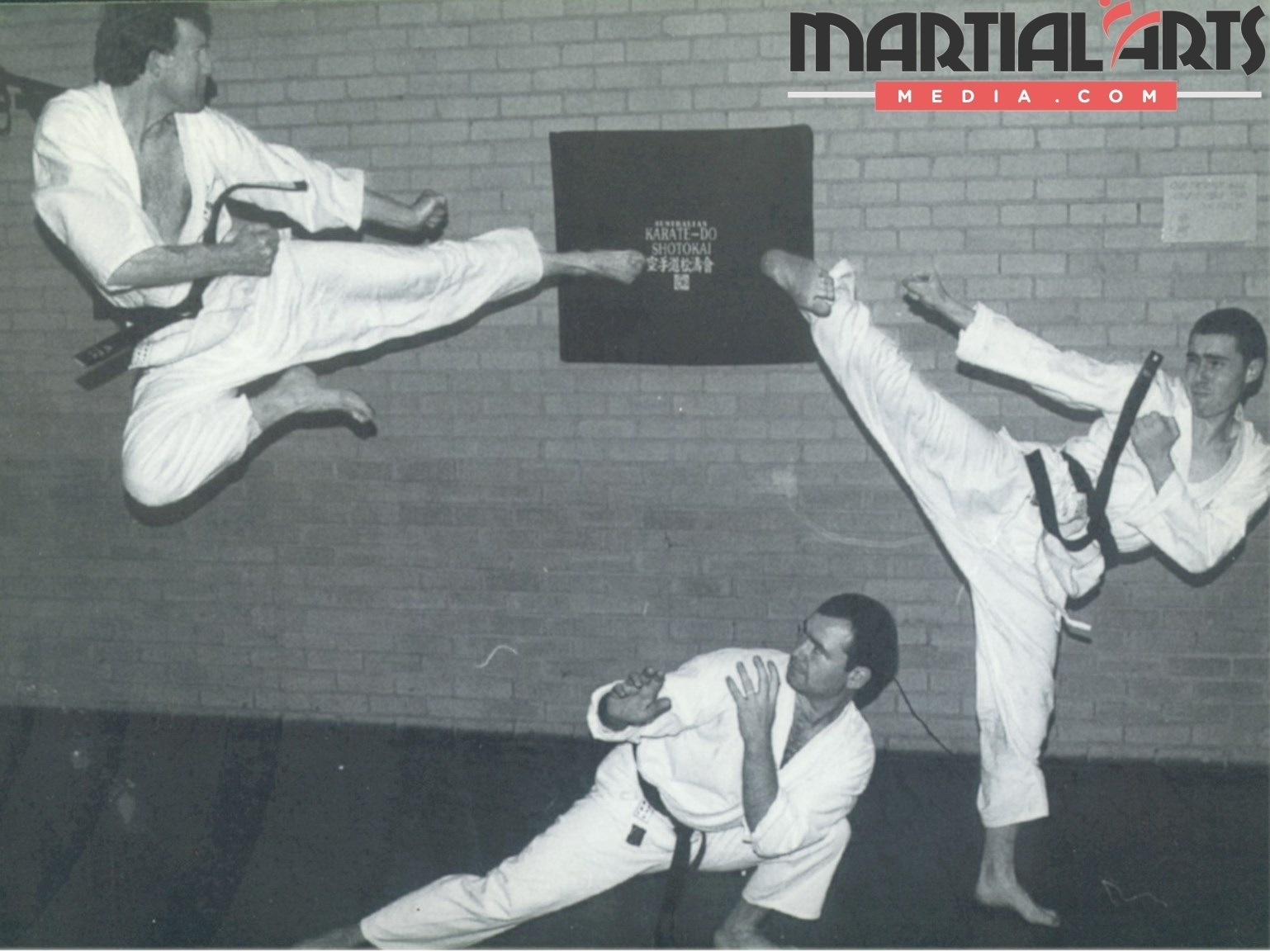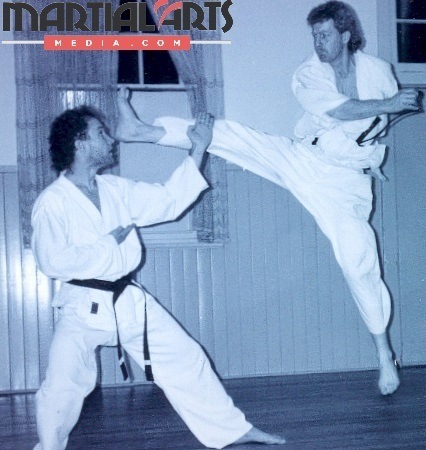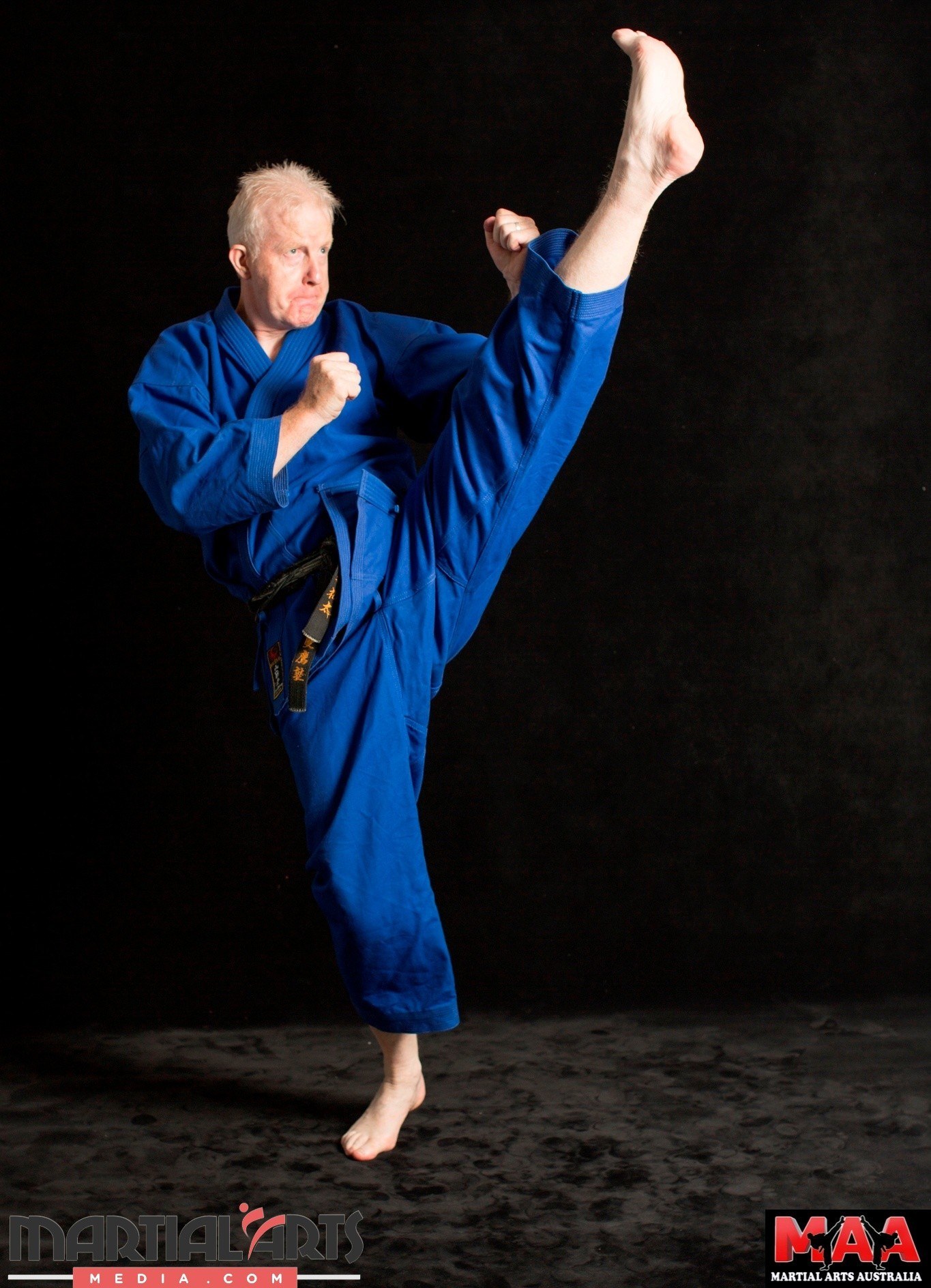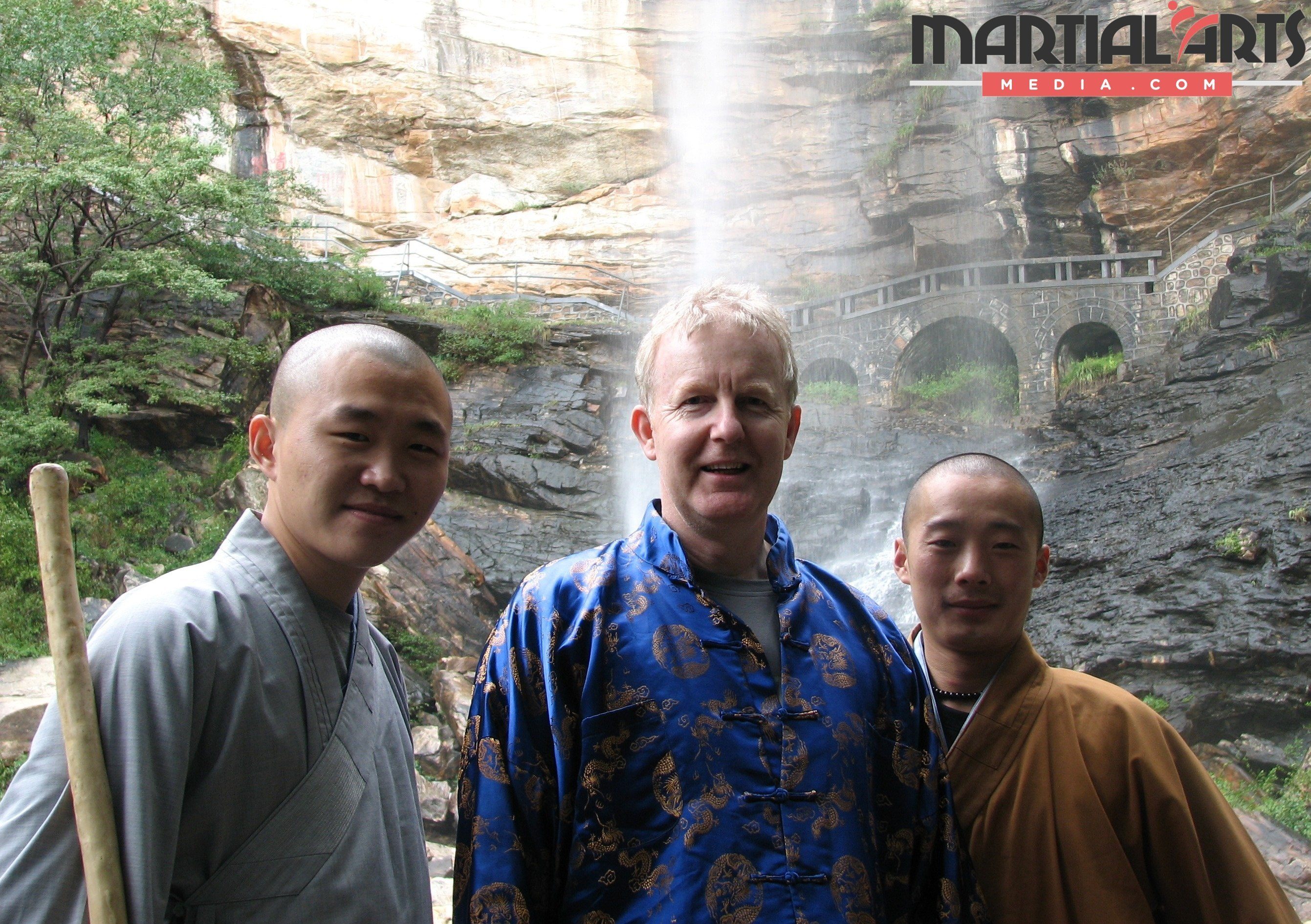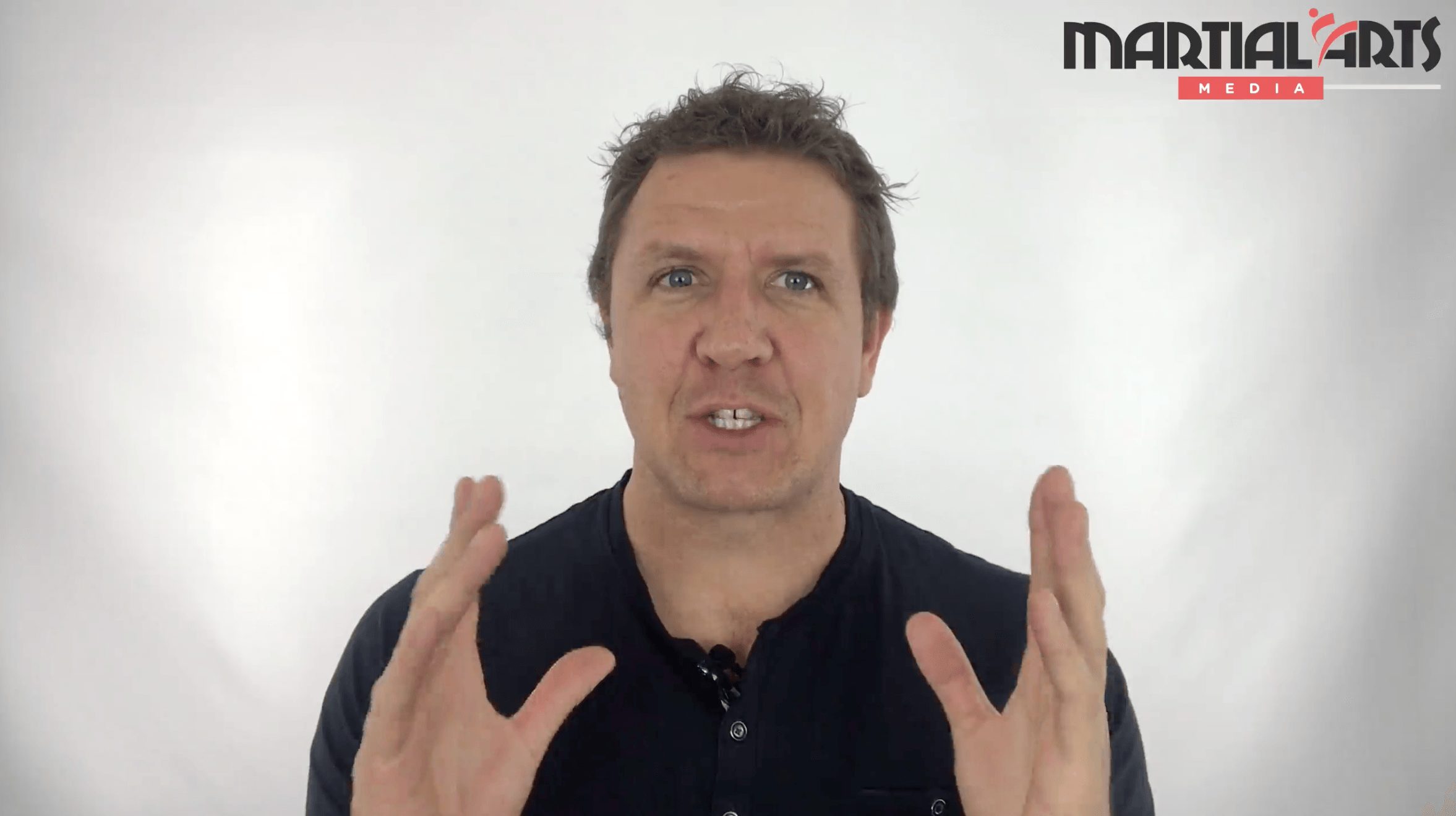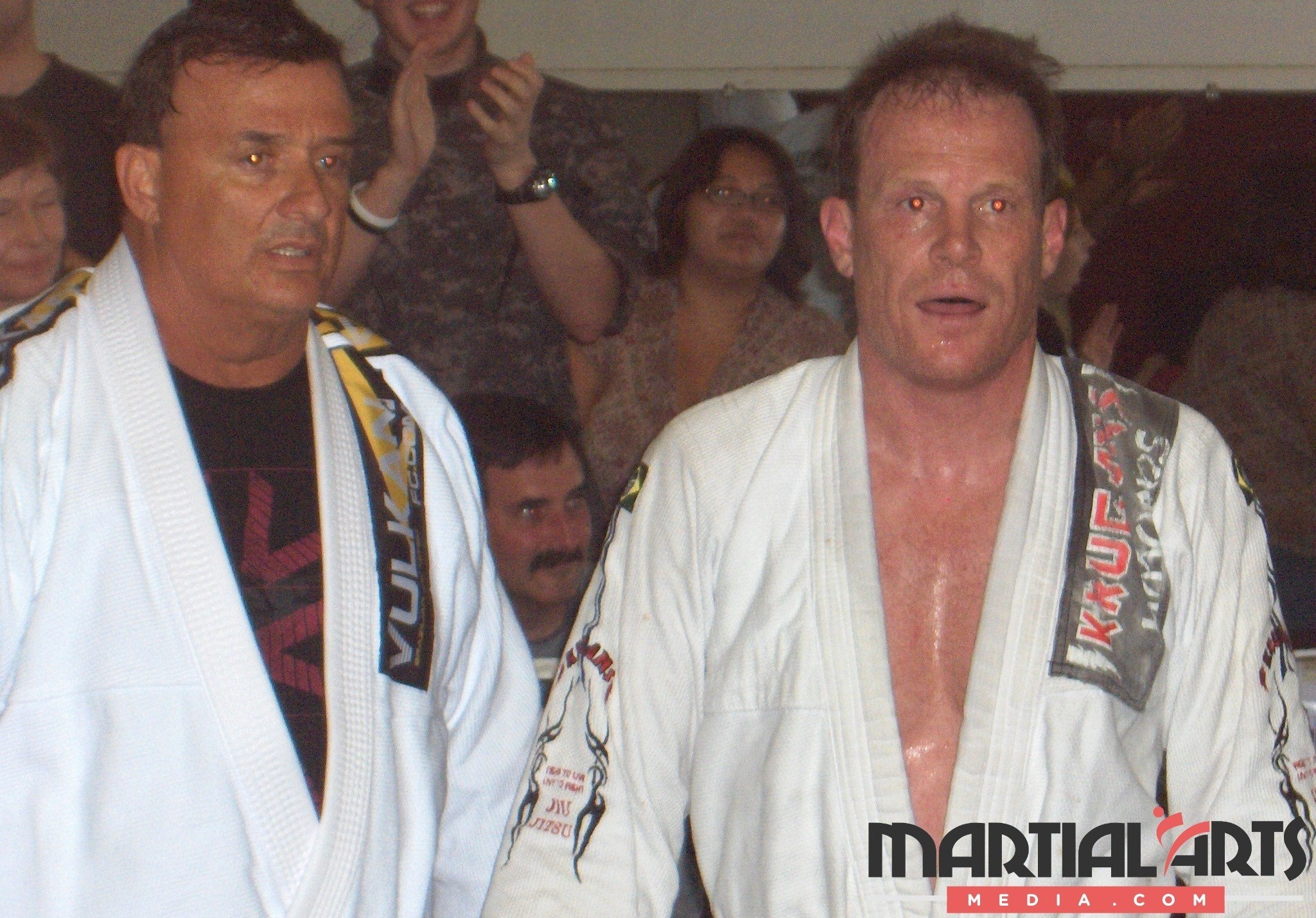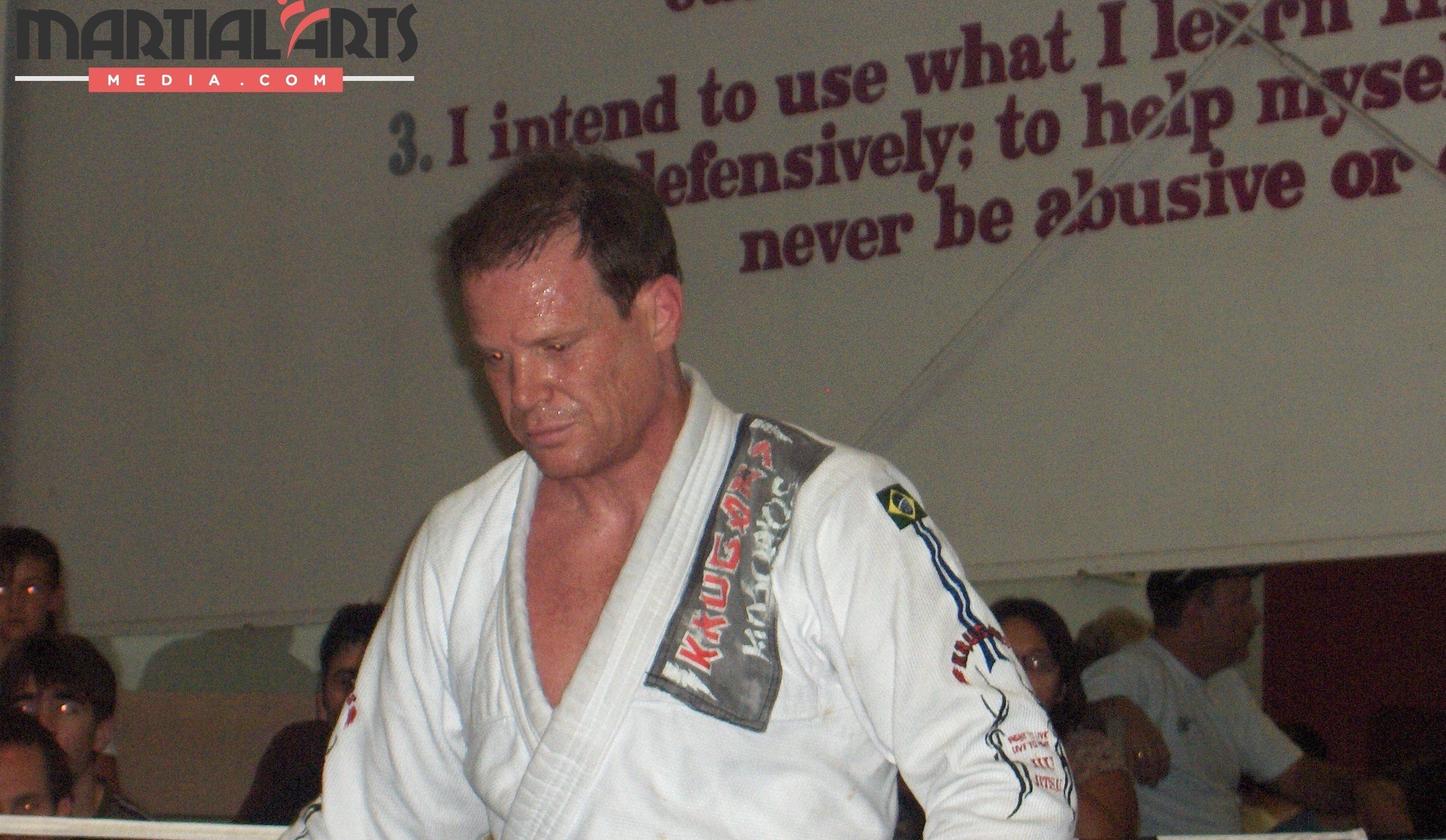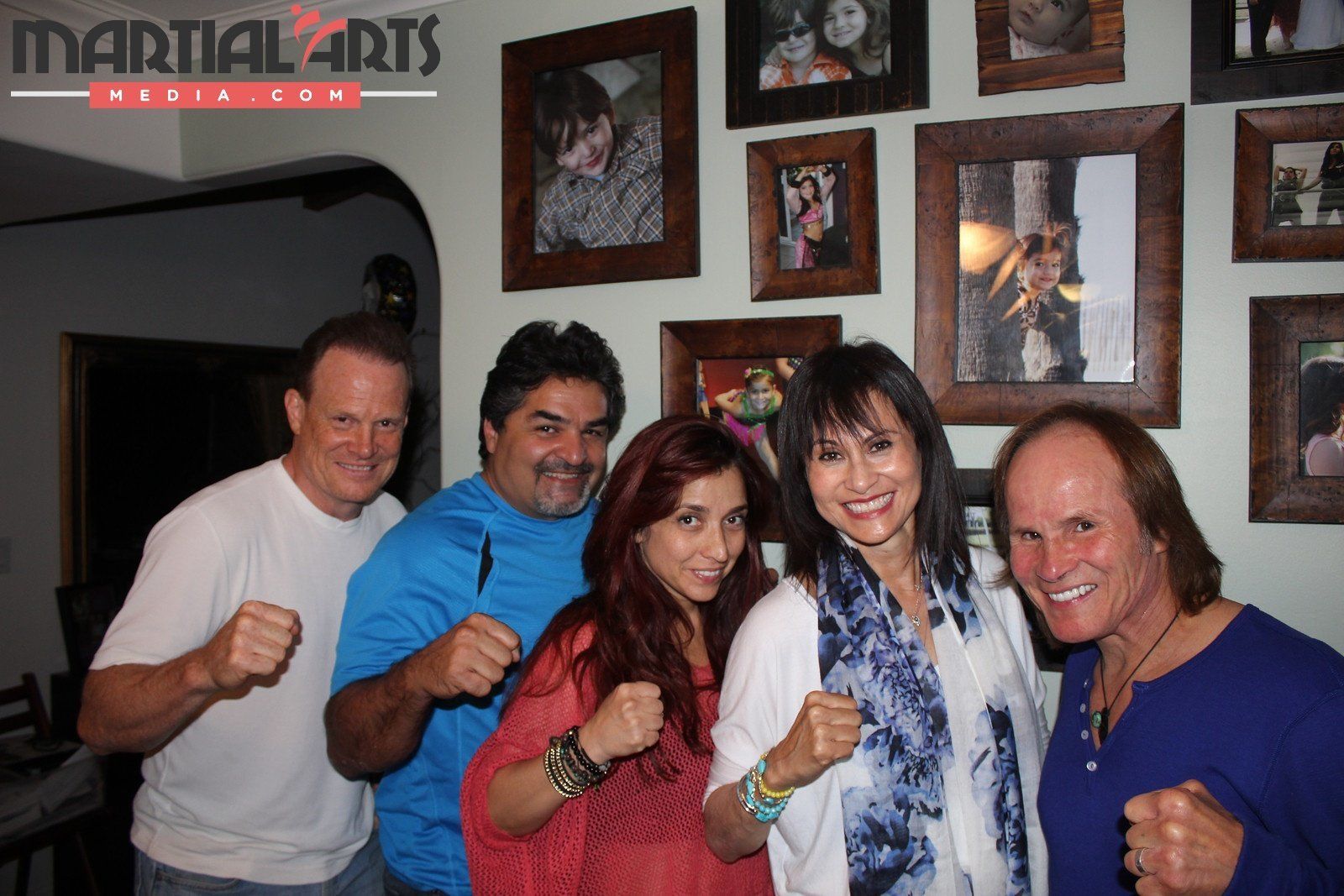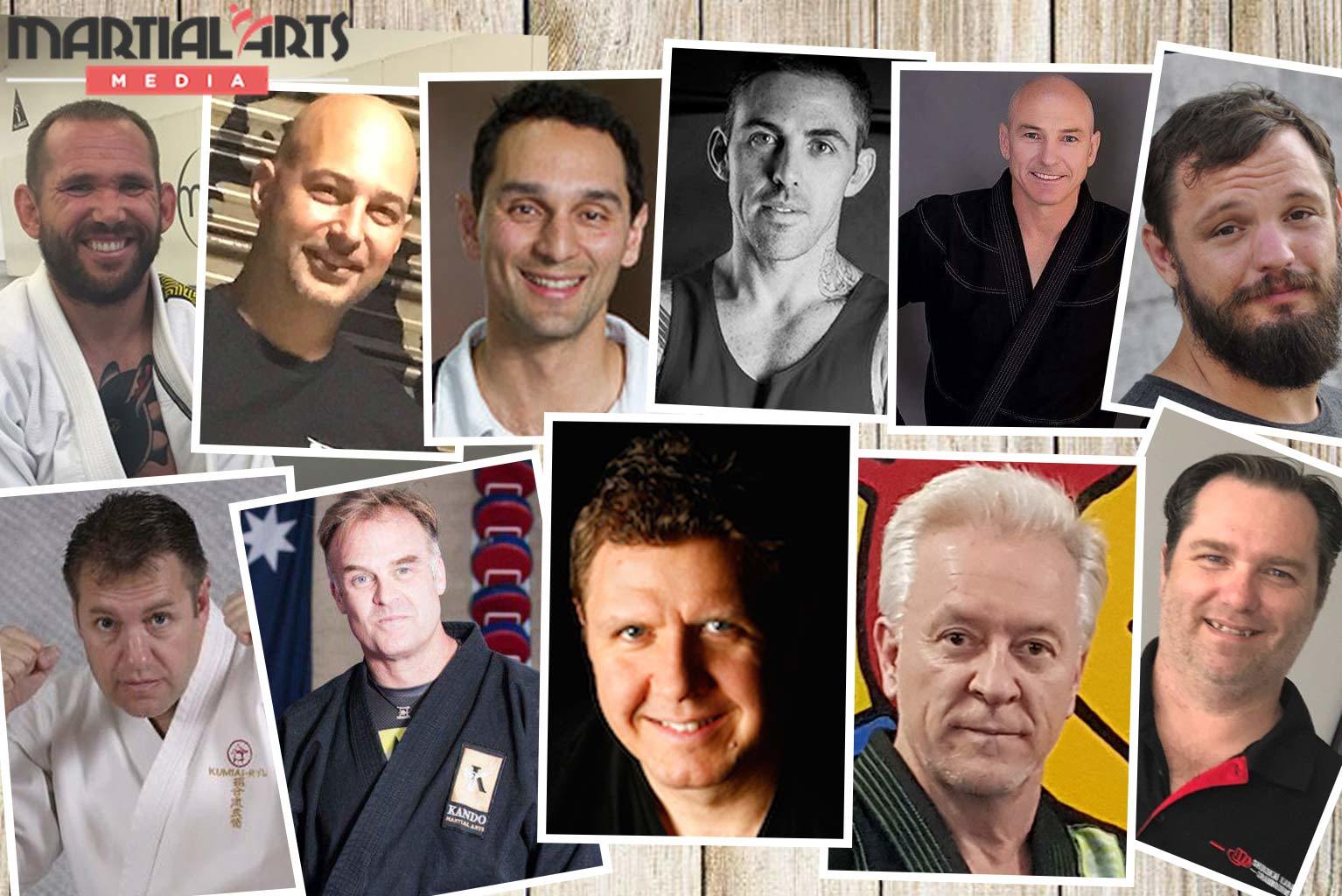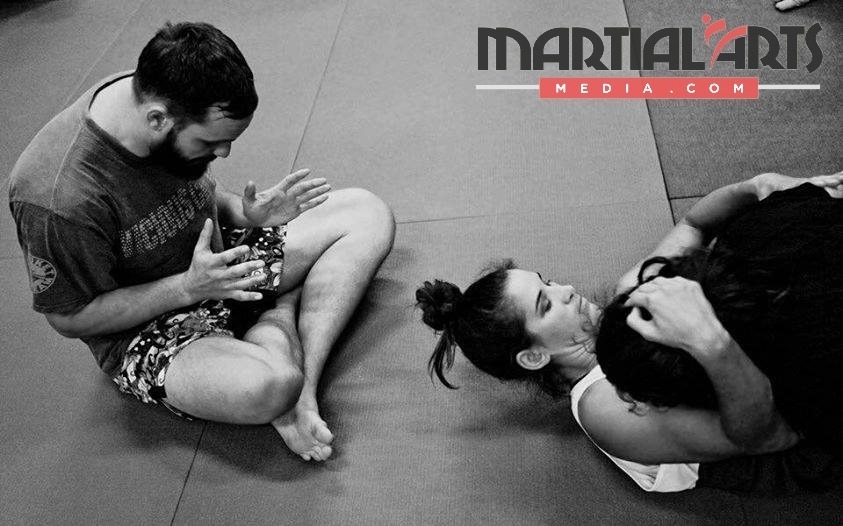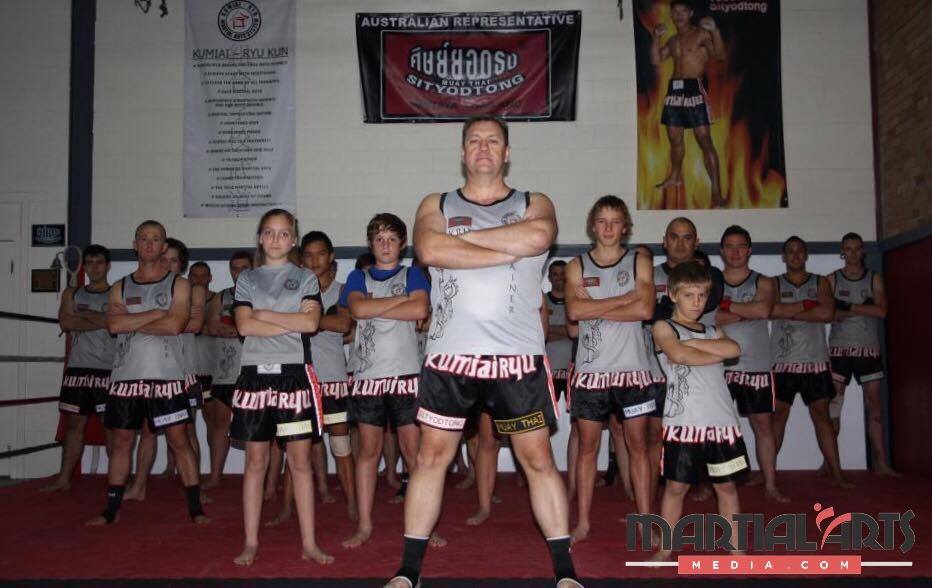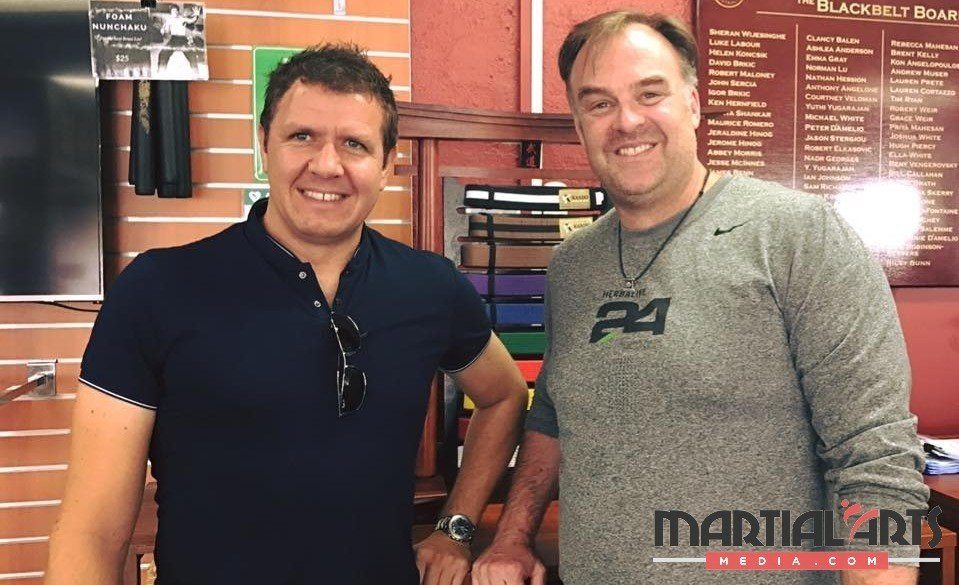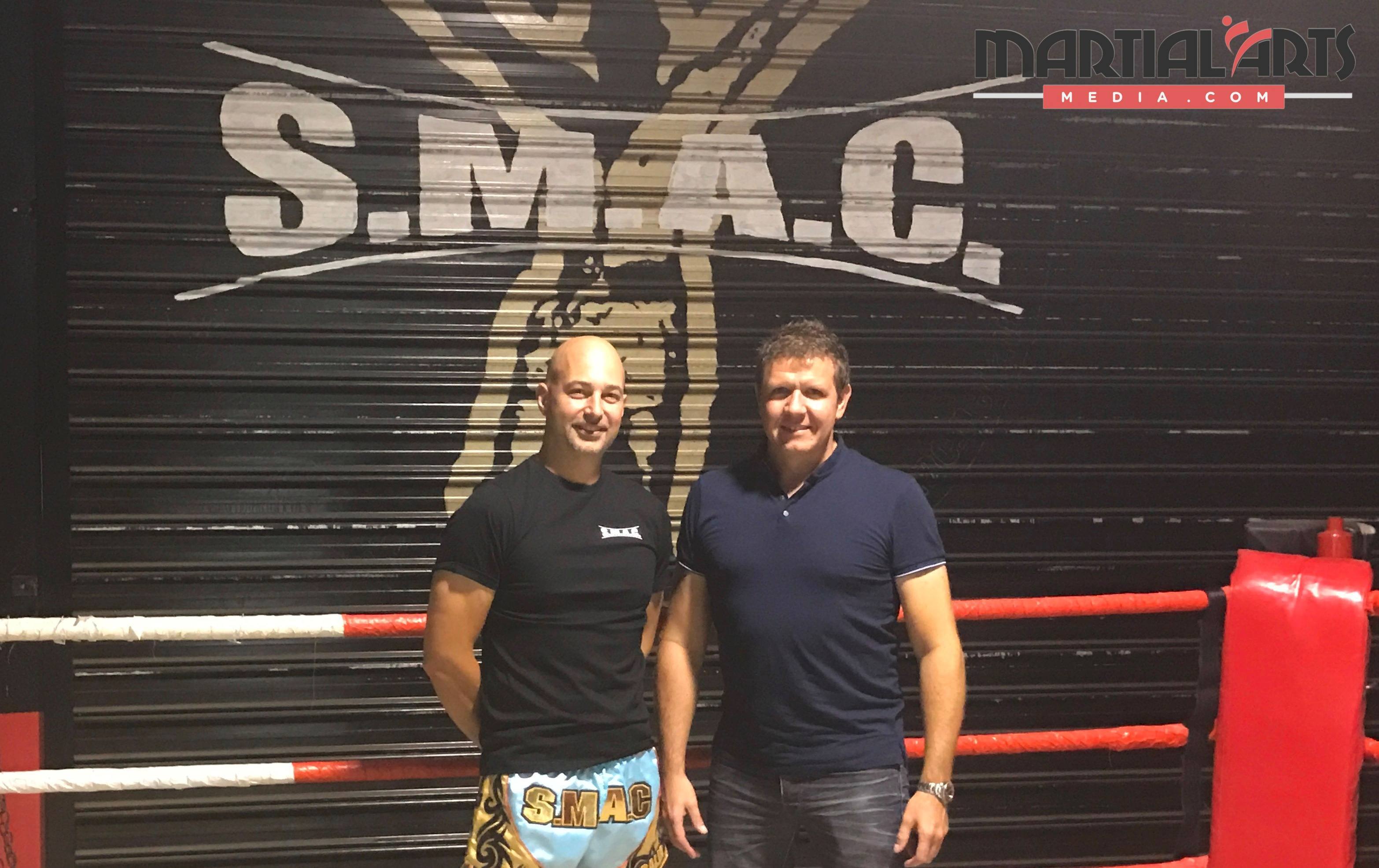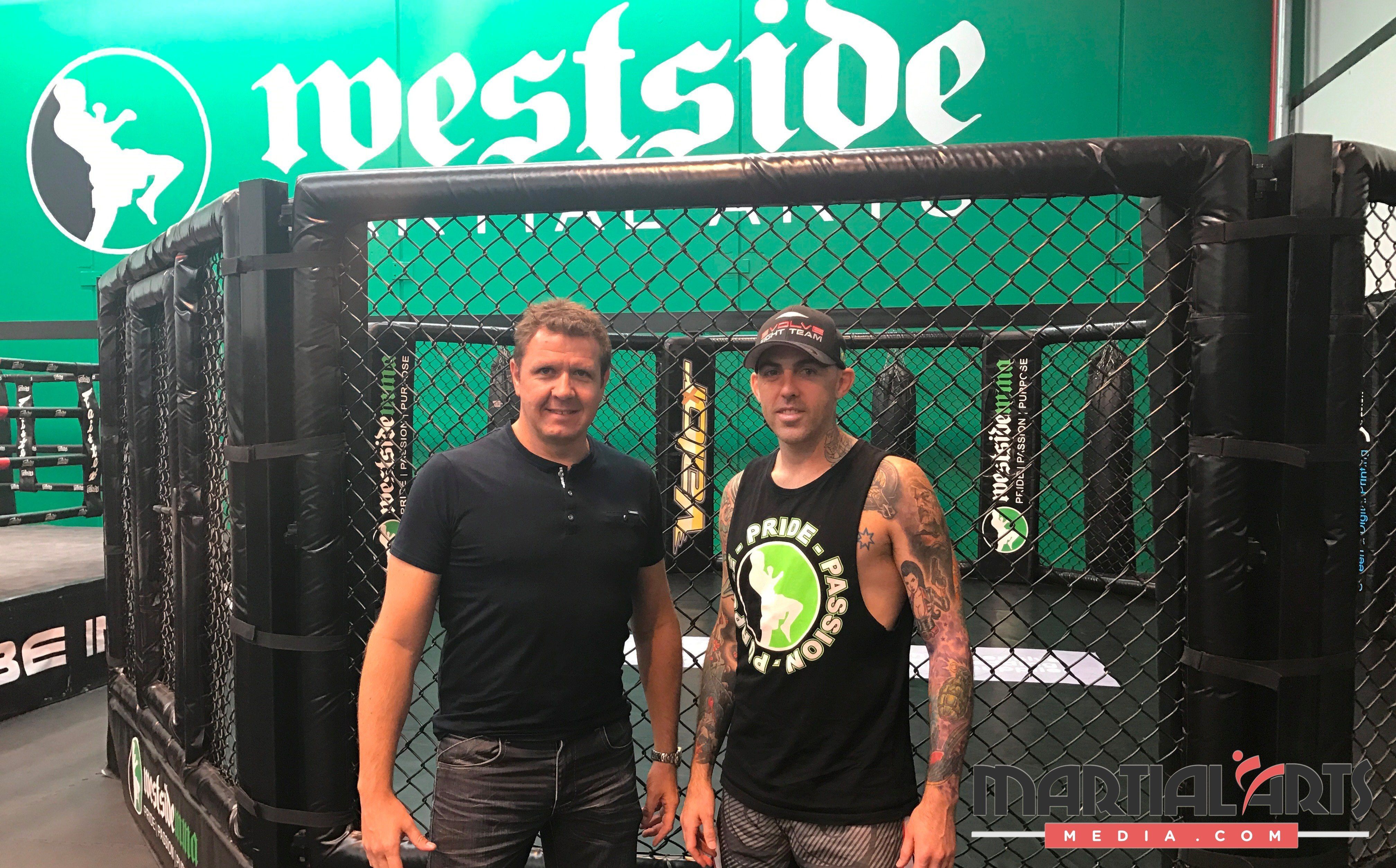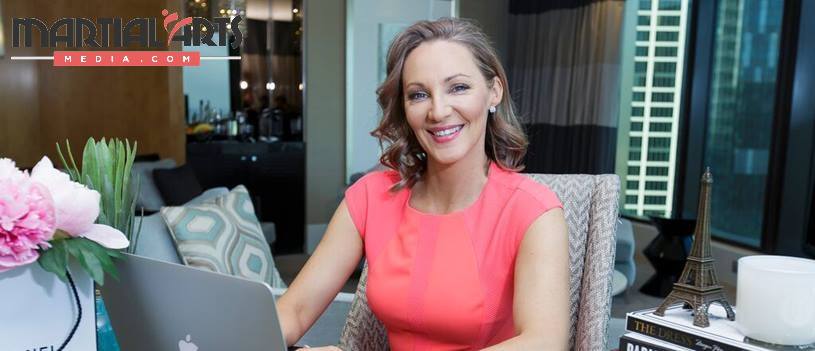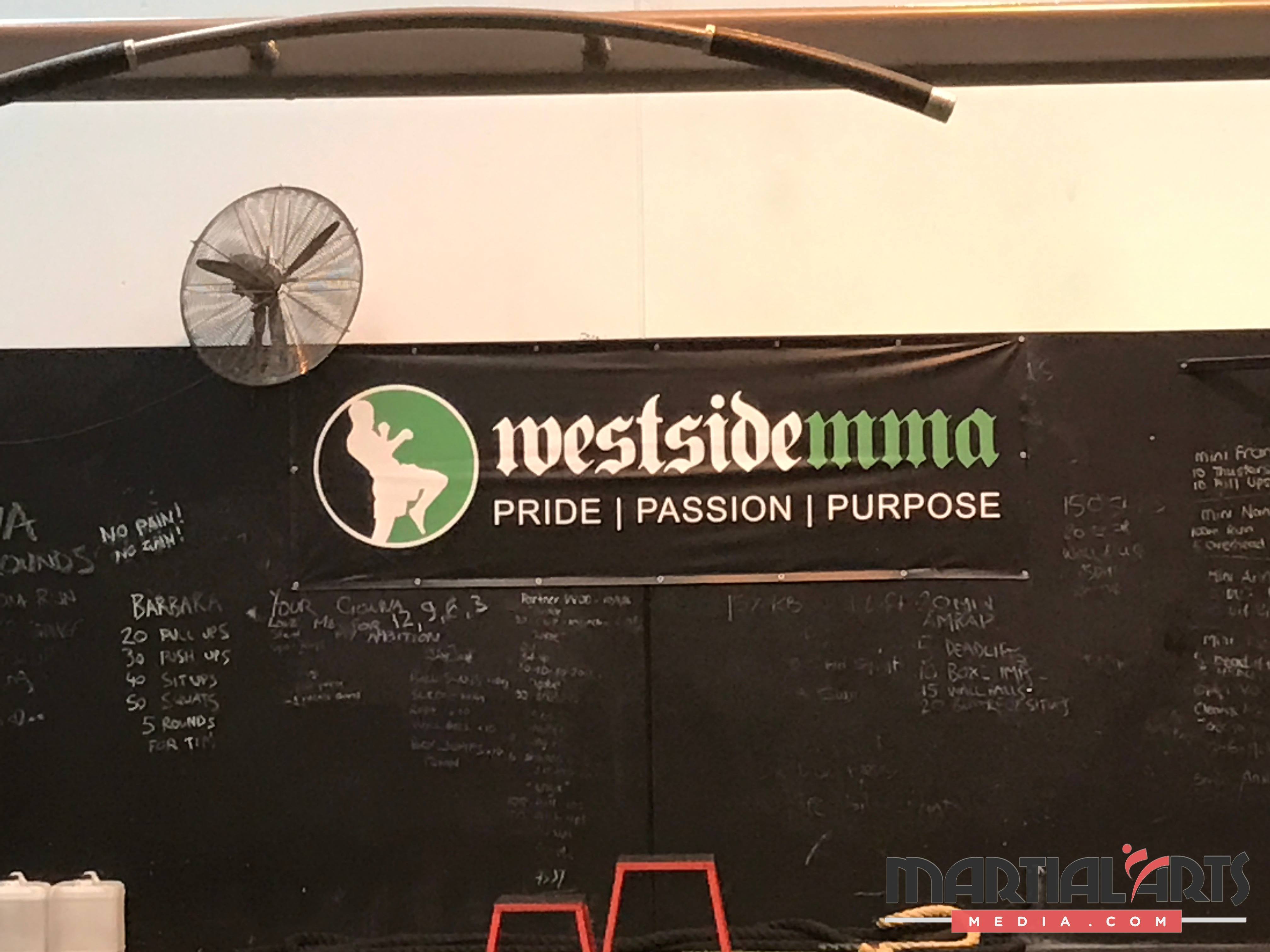Martialytics co-founder Brad Cumbers shares a review of the software with email marketing discussions.

IN THIS EPISODE, YOU WILL LEARN:
- What is Martialytics and how it can benefit your martial arts school
- Why email marketing is a must-have in your marketing strategy
- How school owners are using Stripe for their student membership fees
- The simple email subject lines that get huge open rates
- The frustrating disconnect between general martial arts software and digital marketing
- And more
*Need help growing your martial arts school? Learn More Here.
TRANSCRIPTION
Biggest success and I had the biggest return on biggest response rate was from plain text emails with a sort of one of those.
Hi, this is George Fourie and welcome to episode 38 of the Martial Arts Media Business podcast and today we have another guest, exciting guest for you: Brad Cumbers from the software Martialytics. You might have heard of the software Martialytics, so I've been on a bit of a quest to explore different software programs because there's always a bit of a disconnect when it comes to what martial arts software does and what marketing does on the front-end. And not just the manual marketing, but the actual digital marketing. The place where everybody gets leads, but for some reason, almost none of the systems want to talk to the actual software, so there's a bit of a disconnect.
We talk about software, we talk about emailing, which is really on topic for me this week, because in our Martial Arts Media Academy, we are discussing email marketing and how you can use email marketing to really improve your conversions, improve those touch points, how many times you talk to people and do a bit of the heavy lifting in the relationship building, by sending out emails, so it was a really very relevant topic. I've asked Brad about different aspects of the software, how it could be used and I must warn you: it probably does get… we go a little bit on the technical side but hang in there, because there's some really good information.
Things go maybe over your head a little if it’s not your cup of tea, the technical type of stuff – I rephrase, I don't think it was that technical, but I know I can get carried away with the technology stuff. But for the most part, hang in for the episode, because you're going to get great value from it, there are some true gold nuggets about email marketing, how to use software and a bit about Martialytics, what they are all about and so forth.
All right, so, as always: we have the show notes at martialartsmedia.com/38. So that's it from me, please welcome to the show – Brad Cumbers.
GEORGE: Good day everyone. Today I am with Brad Cumbers and Brad Cumbers is local – well, was local in Perth, now living in the UK and he's the co-founder of the software CRM system for martial arts schools, which is Martialytics. So welcome to the podcast.
BRAD: Thank you, thank you!
GEORGE: Cool, so we're going to talk a lot about what the software does and how it will benefit schools and all the details, but I guess we're going to start from the beginning – who is Brad Cumbers?
BRAD: Alright, yeah well, I'm Perth born and bred, like you said. And together with my cousin Glen, we used to work a lot on the web, we started a web business when we were fifteen, back in… I think it was about 1997 or something like that and it was very, very small, we were making websites for people. And then we sort of worked our way into a web design company, Glen started programming, I started designing. It actually started the other way around, but we ended up that way. And from then, we worked in the advertising company, so this is sort of spanning 10 to 15 years.
I started doing Kung Fu in Perth and I noticed that the school was just using pen and paper to mark down attendance and they had a big open paper book to do calendars, to book people in and all sorts of stuff. They also had no idea of the number of students they even had at a glance, they were doing some direct debit payment stuff, but also cash as well. And this was a school that had around 300 students, so it was a very unsophisticated way of somehow they had that many students. So I thought, what with my background in digital and web development and things, I thought there's got to be a better way here.
So we started just building what was supposed to be just a student database and very basic attendance tracking, not knowing that it was an actual established sort of software requirement for martial arts schools, for a lot of them. And not knowing really how big the market was, so we built that and then thought, I had a look around, saw a lot of other established martial arts school software out there, that all seemed to be very clunky and overcomplicated for what they needed to be and your average school owner doesn't have a lot of time.
So yeah, we put it out there and got a lot of really positive feedback and I think our first customer came on three years ago when we were literally just a member database and attendance and he's been with us ever since. And obviously, we're a lot more than that now. We ended up quitting our jobs and going to this full time and here we are!
GEORGE: Awesome. So how many people do you have, how many members do you have that use the Martialytics software?
BRAD: It's already got 500 now, I think we have 3000 that have given us a try, but yeah, it’s over 500. Yeah, we've got a long way to go.
GEORGE: Awesome. So what's the big, you mentioned that you were looking at other software and they were clunky and a bit too complicated: what else did you see as a sort of a gap for you guys to create something that would be different and better?
BRAD: Well, the gap was having modern user experience approach to it and also mobile first. So we wanted to be able to make something that people could use on a tablet and run everything from that, just as they're teaching classes, take attendance and at a glance see who owed them money and things like that. The big gap was in user experience really, everything was just really hard to use, people complained about it all the time, so we just made something that was really, really super simple, strict ride back to the bare necessities and then built on that from that and then added more and more power.
GEORGE: That is something that… a lot of people come into that always when I, I try and look at the threads of what's happening with software, because it’s always… one person will say, this works well, but then that doesn't work well, but the one comment I always seem to see about Martialytics is simplicity, it’s easy to kind of visually see what is happening with everything.
GEORGE: Ok. So walk us through the whole process, because you said it works on mobile, so how does it handle the whole system, sort of from front to back?
BRAD: It works on mobile, yes. Bare, bare minimum on mobile at the moment, so you can add students and you can take attendance and things like that on your phone. Because when you're on your phone, it’s a completely different experience. You don't want to be spending hours sort of trying to manage your students and things with a handheld phone. It’s different on a tablet, it’s sort of like a medium term thing, you would spend a little bit more time on a tablet, have a little bit more patience as well, but also obviously on a desktop, you can use it as well.
It’s completely browser-based, we use mobile, it's responsive as well, so end to end, you can run everything from attendance, member management, your shop merchandise, you can do automated emails based on different events and it’s got a full sort of CRM tool as well, so you can keep track of new prospects and follow up with them and all that sort of stuff.
GEORGE: Ok, so let’s say when students arrive, is there a facility that a student can check into them self, or…?
BRAD: Oh, absolutely, yeah. We have a kiosk mode for that. So a school owner can set up a tablet and a lot of them do set up a dedicated sort of iPad in an enclosure at the school at the front, and as the student comes in, they just start typing their name, they click themselves, click check in and that's done for them. So there's that option, or the instructor often has an iPad or something on the mat and they've got a list of their students names for that class and they can tick them off like a roll call, sort of. So it’s either-or, its flexible that way.
GEORGE: Ok. Now, a big thing that… because I also come from a software background and the big frustrating part for us was always: there's martial arts software and it works great for the school, but now, let’s go do some marketing digital marketing. We've got a program called Academy, where we teach martial arts school owners the different aspects of digital marketing and one of our members actually, David, he has Martialytics, we are busy setting that up on the actual website that the leads can actually come from the front-end.
And this is a big problem we see with software is, it's working for the martial arts school, but now, you don't really have the… maybe it’s a limit in functionality to market on the front end – and I'm talking about lead generation, you know, a way of putting something on the website that lead actually comes in and it comes into the CRM system so that it can control it.
BRAD: Yep.
GEORGE: So is that something you guys really had in mind as well, that you can put widgets on the website and you can let leads on the front-end to be able to track them once in a way?
BRAD: Yeah, we actually do that right now. We've got a leads widget that you can install on a website, it's basic HTML that you can copy out of your Martialytics account and past into your website and then leads come through, they fill in that form, they go automatically into your Martialytics account and then, if you've got a leads automated flow email system set up, that will automatically get a chain of emails as well, so that's completely untouched by the school owners.
Once that's set up, the lead comes in, they enter their details, they register into the system, you can follow up with them, they automatically start getting emails as well. So yeah, you can already do that right now. And we've got plans to expand on that as well, there's a lot we can do, as far as lead generation goes.
GEORGE: Yeah, I guess it’s a… you know, the way the whole software hemisphere works is everything has gone… the API routes, because you do one thing very good, but there's just so many specific tools that you kind of want to… do you really want to go that way and spend your time investing that way, or do you just set up the facility to integrate with something that kind of complements it in a way.
BRAD: I think, from a philosophical point of view, I think it’s a little bit of both and it’s also about using our knowledge and background – so we come from an advertising background and digital background as well, so using that to knowing what's going to work for the customer, for the school owner, without having to take a whole bunch of time to set it up as well. There's always like an 80-20 rule there, whereas, if you can spend sort of 20% of the time you get 80% of the result, and the rest of that huge amount of time only gives you a little bit more, if that makes sense.
GEORGE: Oh yeah!
BRAD: So what we try to do is use our experience to sort of, not dictate, but guide the school owner to do what's going to give them the most gain for their time really.
GEORGE: You have integrations if somebody really wanted… is that something that you started, or did you sort of just choose a few core… because I saw there were a MailChimp and a campaign monitor integration: and I guess I should just clarify, because this is a software nerd talk everybody! You've got martial arts school owners listening to this, so I guess I should just clarify and take a step back.
So what we're really talking about here is having Martialytics as the CRM software that really handles the day to day operation of your school and then what we try to also look at here is: let’s say you go and you market and you want to have advertising on your website, now you want to be collecting names, so you want to be getting people into a system and to clarify the frustration we've always had when helping clients is: it’s hard to find a tool that actually does it, which means you've got to sometimes look for an external tool, but then the tools don't talk to each other.
So now you've actually got two systems that work completely different on different behaviours and different tracking, which means that a person can actually come to your website and then they're a prospect, but they decide to join and then that's registered in your CRM software, but it doesn't register anywhere else. So you could end up annoying people with marketing messages that aren't relevant to them because they're completely not segmented within the database. And I hope that clarifies the integration part. So let’s go back with… where were we?
BRAD: I think we were talking about leads coming in automatically and being emailed.
GEORGE: That's it!
BRAD: Yeah. So yeah, you can do that right now, we're planning integration with campaign monitor and MailChimp, so that you can automatically sync up the lead list with a mailing list of their software so that you can have more rich email editing tools and things like that. Right now what we've got is more of a personalized email tool, where it’s like you're emailing that one student, but you can send that to all of your students in bulk, or a segment of your students, or a lead automatically. So it appears like it’s going from you, rather than a big, fancy newsletter template, which is clearly a template like it's designed to be more personal.
GEORGE: And I will add – because I've had a good look at Martialytics quite a while back, integrating it for one of our clients and I've got to say, when it comes to email marketing, it really does, for any percent of the schools, it does exactly what it needs to do. You can email on a personal basis and you know, we always tell people: the last thing you want really is, when people think email marketing, they think you've got to send this fancy, flash template, but it just screams “advertising,” whereas, if you've got a simple plain text message, it's building a relationship, because that's a kind of message that you'd send to a friend, or from a friend basically.
BRAD: Yeah, exactly.
GEORGE: So simplicity is definitely the key when it comes to that.
BRAD: Yeah, there was a lot of research done on that. Especially around the Obama campaign in 2008, and their biggest success, they had the biggest return on biggest response rate was from those plain text emails with sort of one-word headlines, like “hey,” or something like that. They just cut through that clutter, everyone's trying to spend all this time designing up these fancy looking emails, they tend to be less effective.
GEORGE: The biggest success we have with email campaigns is simply stating a question, it can be as simple as “Are you still interested in martial arts training?” and just nothing else and people respond to that because it cuts away everything off, it’s just… All you really want is a response, you want people to respond because the conversation will lead to the conversion. So if you can get people to respond to your emails, then it gives you the opportunity to take that conversation further.
And when it comes to automation, that's such a cool part, because if you’ve got a system that actually does that heavy lifting for you and it's sending out these emails and whether they know or perceive it as personal or not, at least it's coming across that way in a non-intrusive way and if you're talking to them directly about what their needs are, you're going to get people that respond and you're going to get people that have just procrastinated and haven't gone picked up the phone or come and taken up your paid trial and you're going to get people off the fence that are just going to come in that you will lose from not following them up basically.
BRAD: Absolutely. And the best students that are going to come into your school are, they generally come from word of mouth anyway, so if they're coming through, they've got a friend that trains with you already, they've checked out your website and have inquired, they don't want to be heavily sold to, because they're already warm. They just need to know the information. How can I start training, what's the things that are unique about this school that I maybe don't know already?
It’s more of a soft sell and I think the more personal you can make it and the softer you can make that sell, people are going to make up their mind, because I think people understand that martial arts training, when they want to start training, they're in the mindset of I need to make a change in my life, or I want to make new friends, or I'm doing this for my kids so they're safeguarded against bullying, or they get some self-confidence or something like that.
So they have a specific reason why they're coming in to start training anyway. I think if you leverage those reasons, and think about that as you're writing the copy for your emails and you keep it personal and think about the audience, so are they likely going to be a parent, or are they coming to train for themselves, then you're going to have a lot more success. It doesn't have to be a dancing email flyer or anything like that; it just needs to be straight to the point and think about who your audience is. So I think there's a lot to be said for that sort of marketing.
GEORGE: It really resonates what you're saying, because we just did this in our Academy training program, talking about just market relevance and, if you know who you are talking about, talking to, using the simple email tool like that to just speak to that one person and write it for that one person, where some people might say, hey guys, or all of you, but there's no “all of you” actually.
BRAD: No, it’s one to one.
GEORGE: It’s one to one, it's one person. So if you can actually create this customer avatar of understanding exactly and for martial arts schools, there's going to be a few of these components, because it’s going to be the mum for the kid, or it's going to be the adult who wanted to relieve stress, or maybe it’s a teenager or a 20-30-year-old. So you've got to just know who that message is for. And I saw in your software that you can actually segment people based on different tags if I was right?
BRAD: Yeah, so you can add them to different group and segment through different tags, you can email based on what rank they are as well as location, so you can have as many locations as you want in the software, so if you're training in a whole bunch of different community centres or schools or something like that. Yeah, you can segment based on those things and we're adding a lot more segmentation features soon actually as well.
We consider that's very important and usually like I said, the software was designed to be a sort of a member management tool, without being a sales tool, but it’s sort of impossible not to become more of those sales and advertising tools, especially just because that's where we're coming from, that's our background, so it makes a lot of sense to us as well, we had to make that more accessible to school owners.
GEORGE: Well, it’s good to hear that, because I think that's really important. Sometimes, I look at websites built just by web developer, which… there's a majority of people who can understand the actual tech. Hire a kid anywhere in the world, an outsourcer and you can get somebody to just do a technical thing, but what always lacks with that is the actual strategy and the understanding of the market and how you approach the market.
So it is refreshing to know that you guys take it from that marketing approach, because if you don't look at it like that and you just sort of look at the one component, then unfortunately, when martial arts school owners try to do marketing and try to get themselves out there, now they've created this bottleneck, because one piece doesn't talk to the other and then that's where the complications start, because you've got to employ someone to do what should be an automated task, or find something else to use at the end of the day.
BRAD: Yeah, absolutely. If your whole goal, the value proposition of our software is, we save you time and help you grow your school and make money. If you're overcomplicating things and adding to that workload, then that's completely counterintuitive, so yeah, it’s obviously, it needs to be super simple and it needs to make sense and help people, so that's the goal and that's what we’re working towards.
GEORGE: Is there any school owner that you would not recommend your software to?
BRAD: I think when we initially started, we obviously targeted the single owner-operator who's got sort of 50 students, or 150 students. That was when we very first started, it was around about three years ago, but as we've added new features and we've got a lot of new features now, we've grown sort of to be more effective for those schools that have 300+ and 500 and over a 100. We've got quite a few franchises now as well and we're building more franchise specific ones to handle those, so we wouldn't probably take on the GKR behemoth of hundreds of schools just yet, but we're really, really good for those schools that have 1 or 2 instructors, or 3 or 4, sort of 300-500 students now, that's kind of where we're most effective.
And you can start using us from just sort of 20 students upwards really. You get out of the software what you put in, so I think one of the biggest strengths of it is sort of it's live analytics dashboard. It’s sort of like Google Analytics. For those of you that don't know, it's if you've got a website and you're into website marketing, Google analytics is sort of an essential tool for keeping track of what's working and what's not and seeing over time what the visitation is like, if people are spending more time on your page and that sort of stuff.
We've kind of brought those statistics that are relevant to a martial arts school and just put it into a live dashboard, so you can see based on any given time period how things are performing and re-cut it in different ways. We wanted to bring that sort of digital marketing expertise to the real world scenarios and we'll add a lot more to that as well, we've barely scratched the surface of what we can do there. There's always something to do.
GEORGE: Always, ongoing! Two more questions: one, payment processes. How would it rate with different payment processes?
BRAD: Yeah, so we integrate at the moment with a company called Stripe, which is global. They do credit card and debit card processing, so especially in Australia, pretty much all bank accounts come with a Visa or a MasterCard debit card now, so your students basically subscribe to your school, so you're training like you would subscribe to a Netflix account, for example. It’s very similar to that, it’s a bit of a different approach than direct debit used to be, but having said that, we're adding a whole bunch of direct debit companies into the system as well, so we'd like to be a hub where you can have your direct debit company of choice, or your debit card Stripe if you wanted to go more paperless and have you be able to use that with us in any or each way.
But we're running into problems with that technically. There's a lot of older direct debit companies, especially in Australia that just doesn't have the technology and they're sort of lagging behind the rest of the world. In the UK, there's a company called Go Cardless, which is really good and we’ll be integrating with them very soon and in the US as well, there's a sort of a similar situation, but there are a few prospects on that front. Towards the end of this year, you'll have a lot of different direct debit processing options with us as well.
GEORGE: Ok, awesome, a big advocate for Stripe.
BRAD: Yeah, Stripe is huge, yeah.
GEORGE: It’s interesting to see how you would use it with a martial arts school, I've always seen that as a viable option. You can really have it as an easy digital system, have your website almost as a membership website, where you can educate people on different ranks and then if you have something like Stripe integrated with the CRM system, there's a lot less friction in a lot of these…
BRAD: It’s amazing. You can get up and running with Stripe in sort of less than a minute. Like, you would truly click a button, connect an account if you've already got one, or if you don't have one, it takes a couple of minutes to set up. You add you bank details and then you just start charging students immediately. It’s insane, we've processed I think nearly 4 million AUD through Stripe and not had a single complaint, there's just almost, it's set and forget, it's actually amazing.
Yeah, I remember when I was training, whenever we'd sign somebody up, we had to send off a paper form, and then get that back and then, sort of a week later, the payments start getting taken out and also, they're getting charged sort of 3-4% as well, which is insanity. I think Stripe is around 1.75% or something like that? I know I'm talking up Stripe a lot, but we don't actually get any commission from Stripe! I wish we did, we processed 4 million dollars, but no, we don't get anything, it’s just a great product and I just recommend it. It goes hand in hand with what we’re doing. It’s simple, it works and it lets you sort of forget about that almost and focus on teaching.
GEORGE: I can see how it connect with your simplicity philosophy, because in comparison with things like PayPal when you move over to Stripe, it’s just a breath of fresh air. They really, really capture that market of having the ease of accepting money in a structured system.
BRAD: Yeah, it's brilliant.
GEORGE: So last question: where are you guys headed? What's happening in the next five years for Martialytics?
BRAD: Well, that's a big question. I have no idea where we’ll be in five years’ time, we tend to be doubling our size every year. We haven't really launched Martialytics yet, all of our customers have come from word of mouth and we're just using that to get feedback on our features and when our customers are telling us what they want and what they're looking for, we sort of take that on board and then use our own backgrounds as well to sort of hash out what we've got to do next. We’re adding a booking system, an events booking system and we're adding the ability to have multiple users as well, so you can set up different levels of access to your account, which would give a lot of power to those bigger schools as well.
So it’s that and we're also looking at launching in a sort of a more global sense, so we're in all of the English-speaking countries. We've sort of dipped our toe into Europe as well, which is a massive market there. And yeah, we're just sort of going with the flow. There's only two of us and it's bigger than we ever thought it would be already, so we are loving the good feedback we're getting and just sort of continuing to develop and improve the software. We think there's a lot we can do as well; we feel like we've barely scratched the surface.
GEORGE: Brad, great chatting to you and wish you guys well. You've definitely got a good piece of software there, and it's working well, you're getting raving reviews from a lot of people. For anybody that wants to find out more, where can they find out more about the software and you guys?
BRAD: They can just jump onto our website. It's martialytics.com, so the spelling of that is martial like martial arts, m-a-r-t-i-a-l – lytics, as in analytics. So it's condensed into one word, I know it’s a bit of a tongue twister, and we wondered about it when we started, but we've grown to love it. Martialytics.com and you can Google us pretty easily as well.
GEORGE: All right, cool. We’ll be sure to have a link on the show notes. You better buy all those misspelled domains without the i-s.
BRAD: The funniest ones we had was Martialgetties, which was interesting. Martialyrics we've had as well.
GEORGE: Awesome! Great chatting to you Brad, hope to talk to you again.
BRAD: Great chatting to you too, thanks.
GEORGE: Cheers.
There we go, awesome. Thank you, Brad, great speaking to you about Martialytics and just email and a whole other bunch of things.
If you need help with this type of stuff, I always say it at the end of the episode, but look, this is what we're here to do. We help with marketing of your martial arts school, so if you need help, we've got an excellent program and our members are getting really, really good results and I've been speaking to people today, some of our members, it’s really transformed their thinking and the way they are going about their business, so I'm really, really excited about it and I'm really excited about it because we've put everything in it.
For the last four years, we've really helped a lot of martial arts school owners achieve really good results and we've packed all of this information, all these strategies and all these methods and things that we've done, we've packed into this program. So it’s the Martial Arts Media Academy, if you would like to know more, send me an email, george@martialartsmedia.com, happy to share more about it and see if it’s a match for you, see if we can help you grow your school.
Awesome. So, next week, we might be trying something new – you'll have to wait and see. Something that's brewing, I've still got to see if it’s going to work out, but yes, we'll probably have another great guest on board next week, so I look forward to that and I will see you next week. Thanks for tuning in once again, speak soon – cheers!
*Need help growing your martial arts school? Learn More Here.
Enjoyed the show? Get more martial arts business tips when you subscribe on iTunes for iPhone or Stitcher Radio for Android devices.





